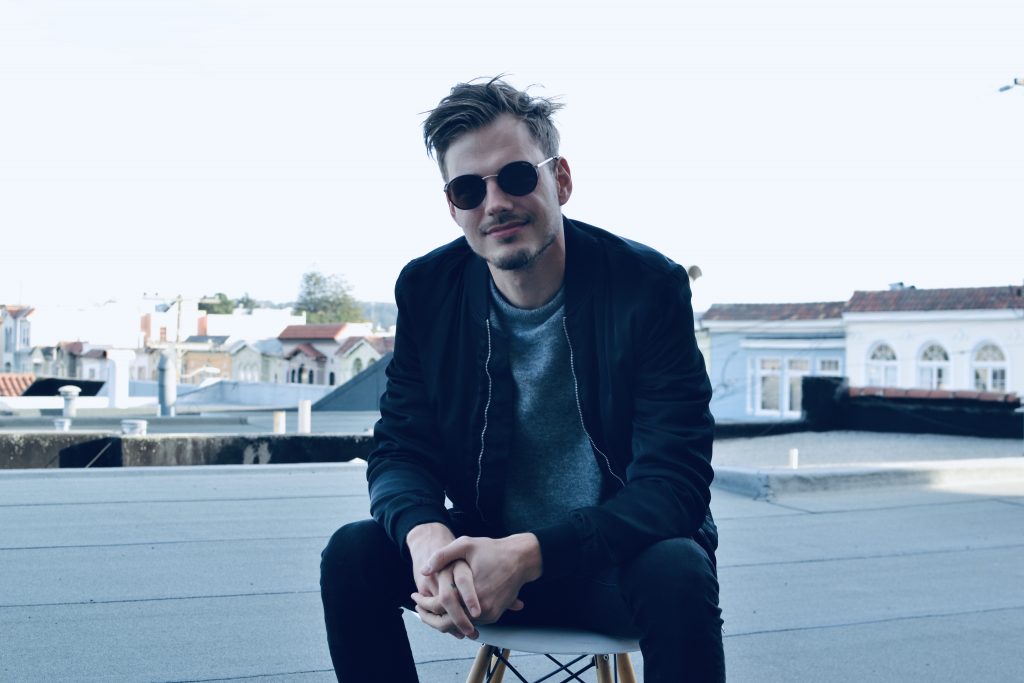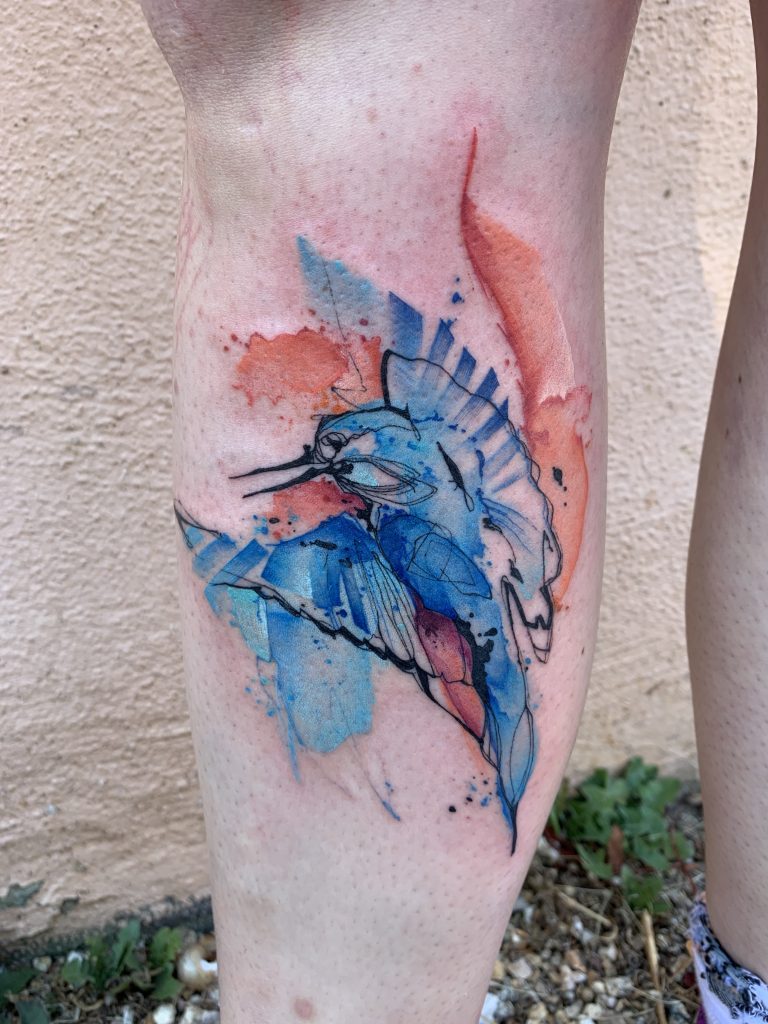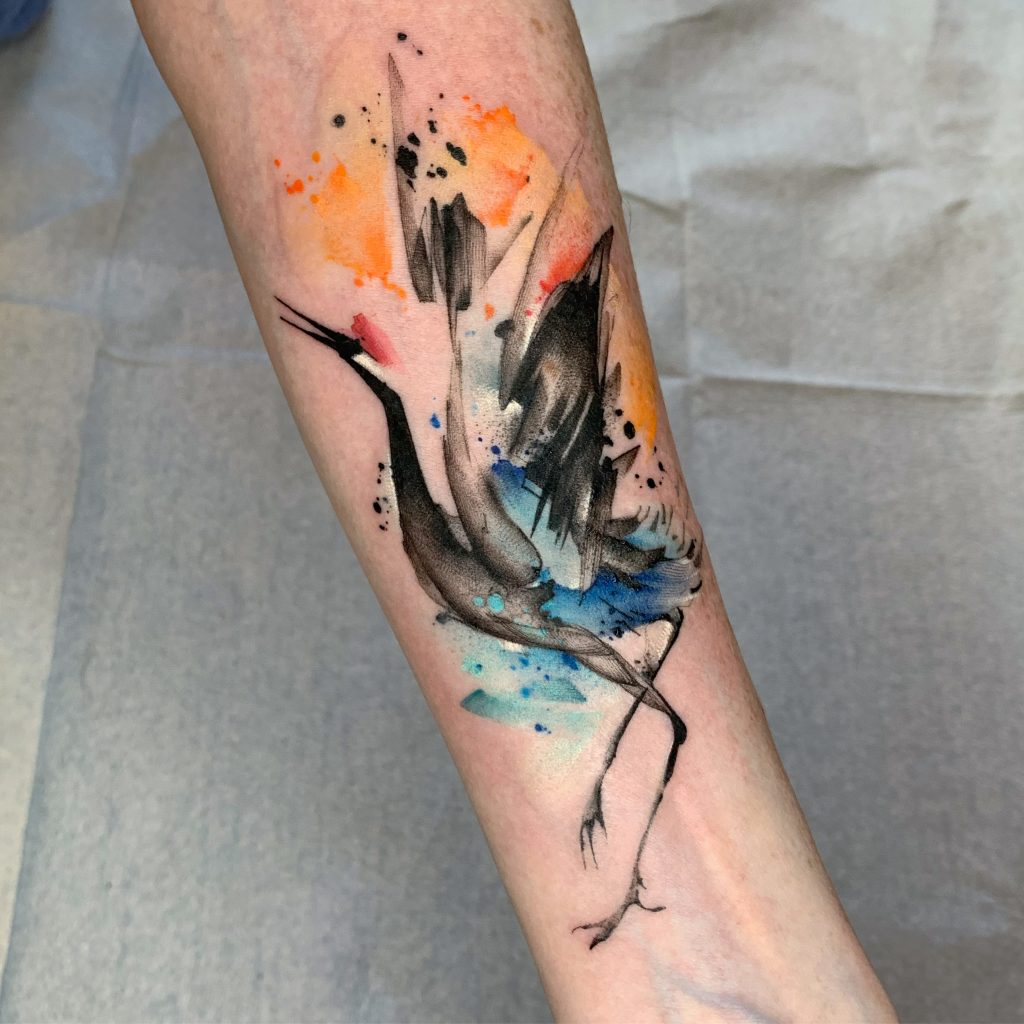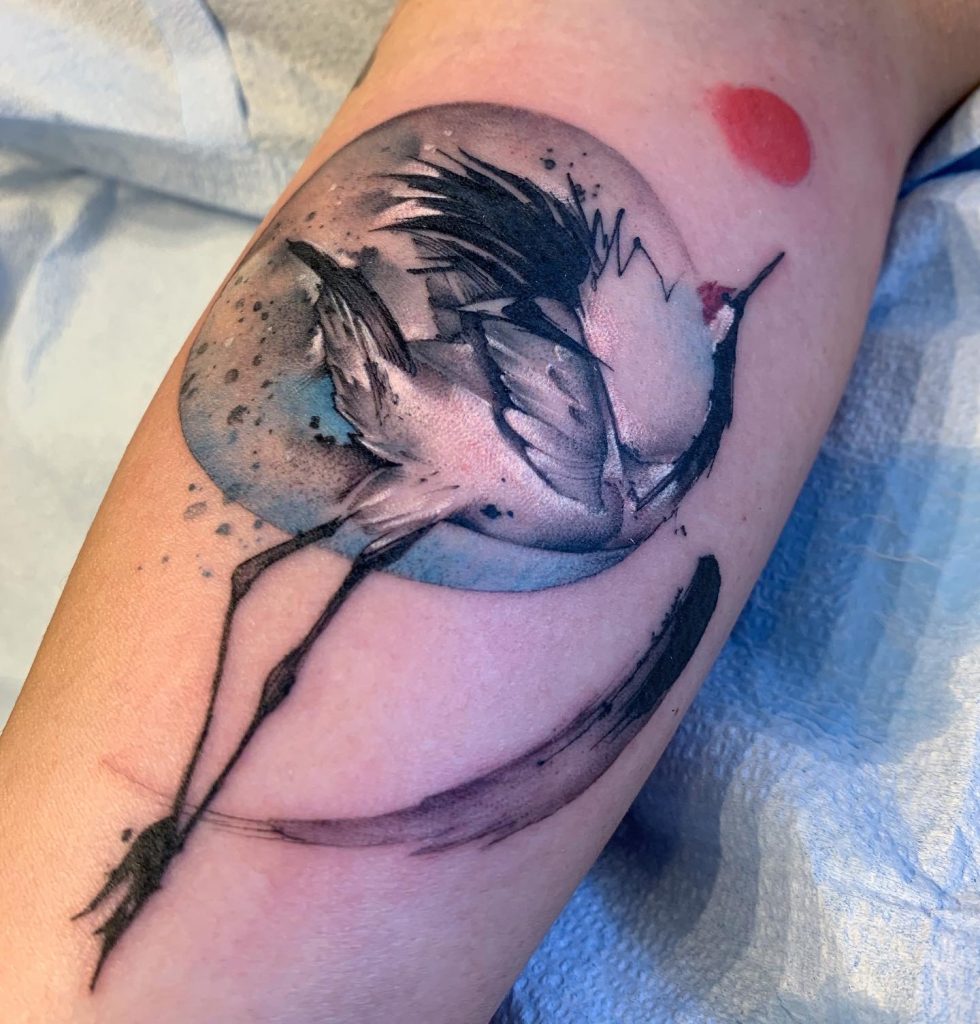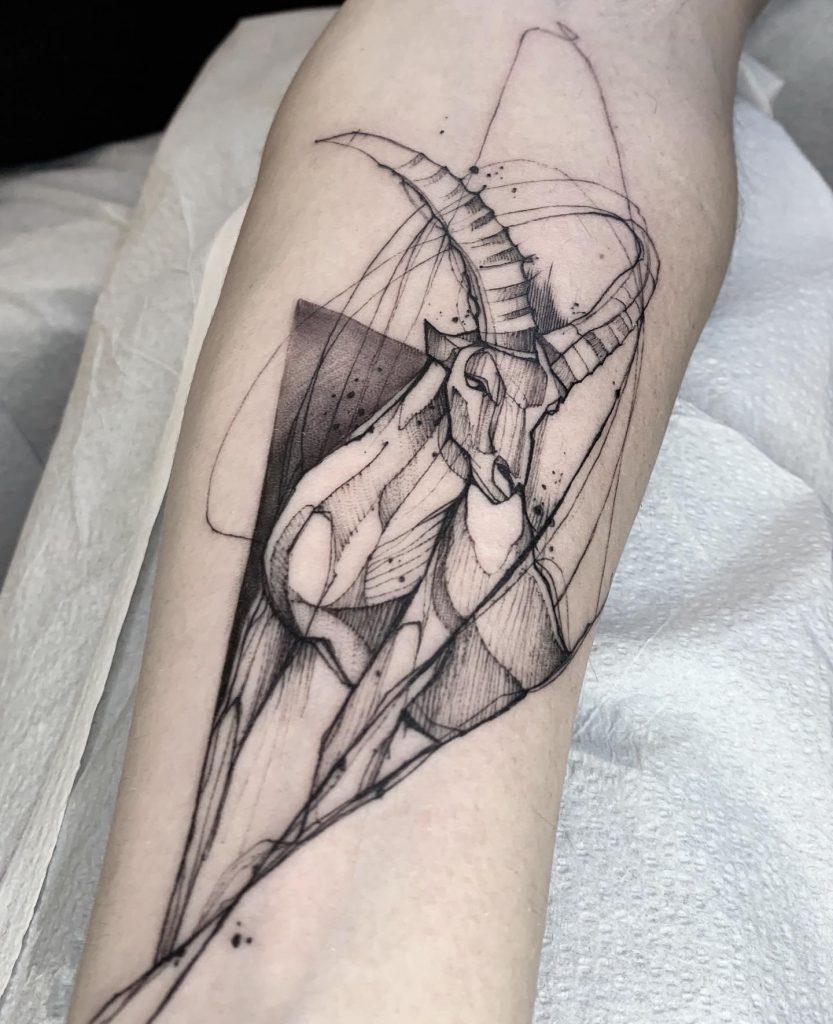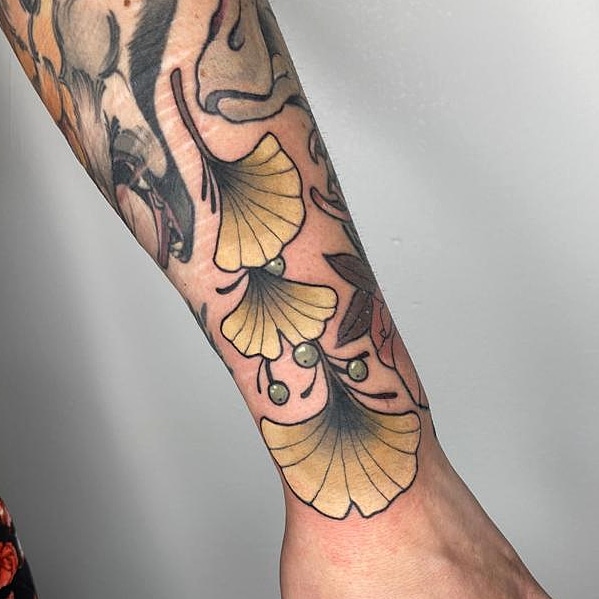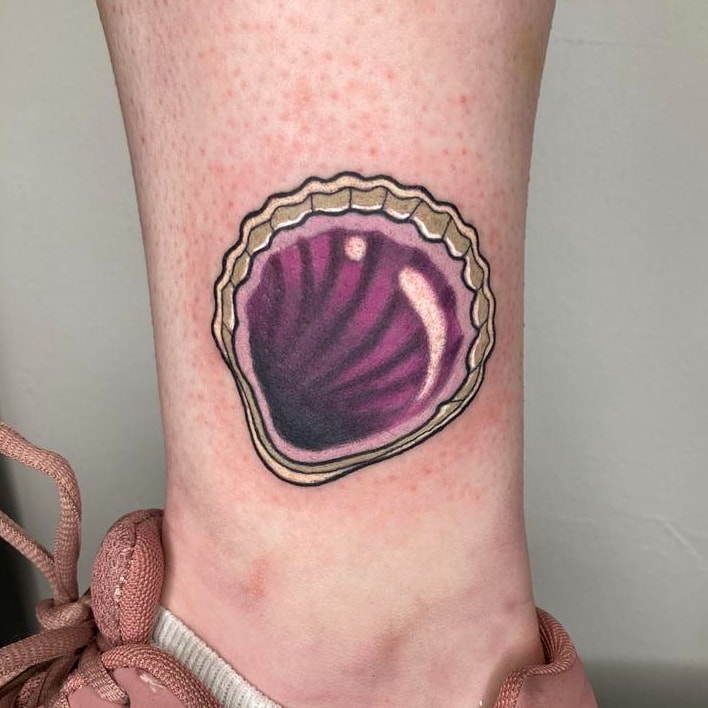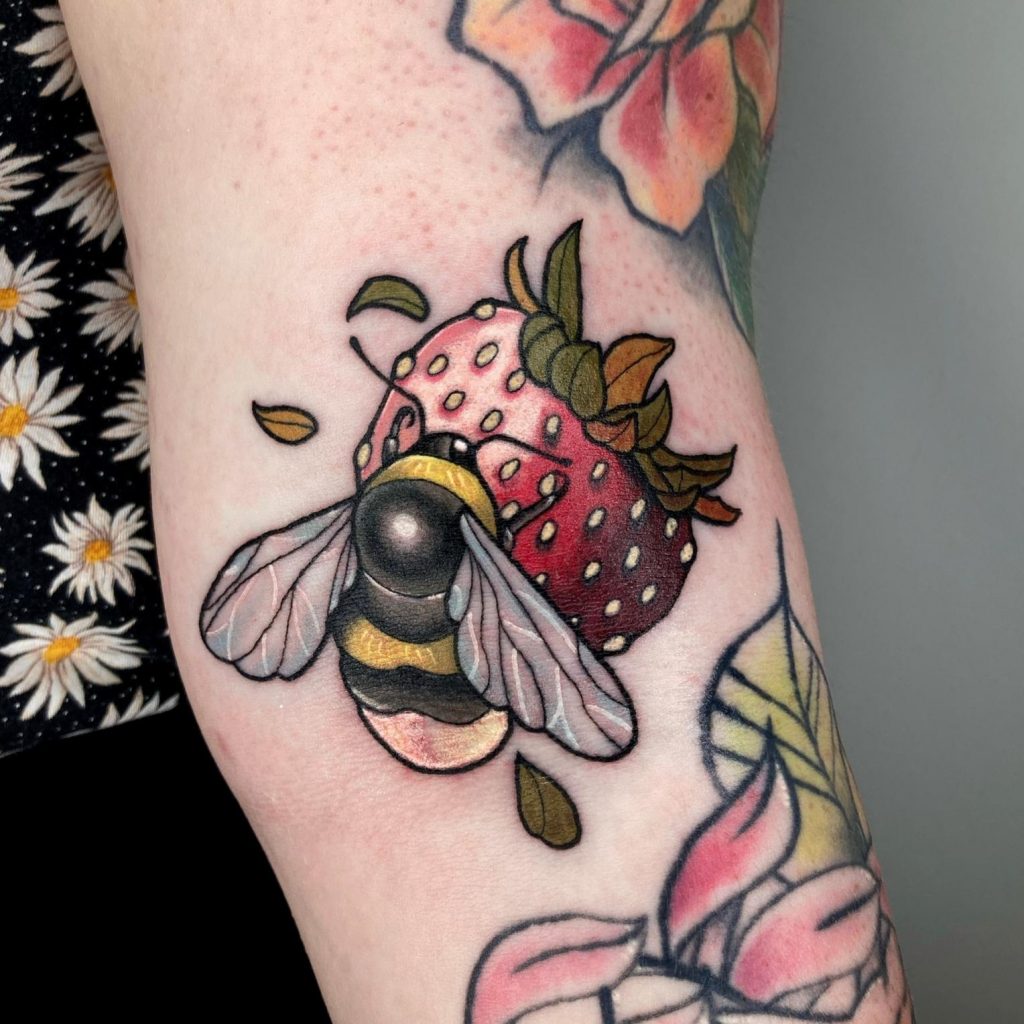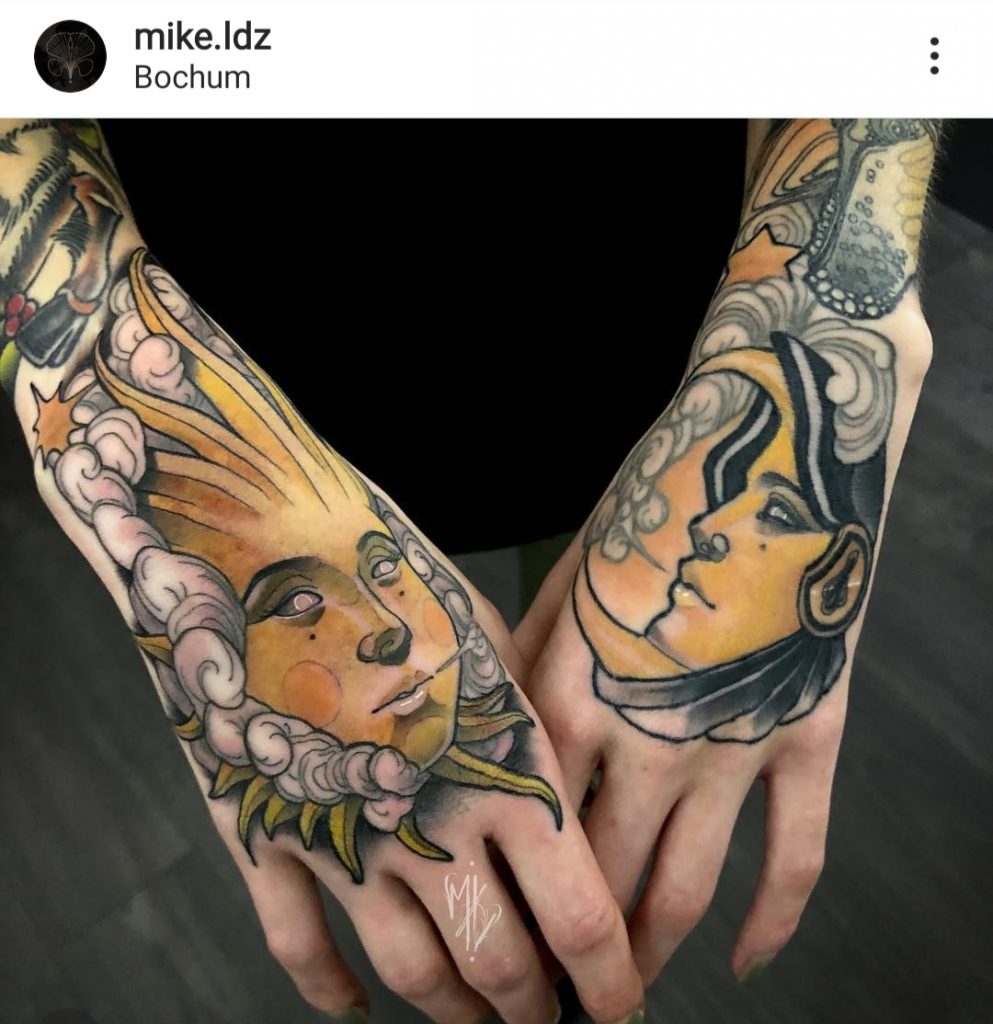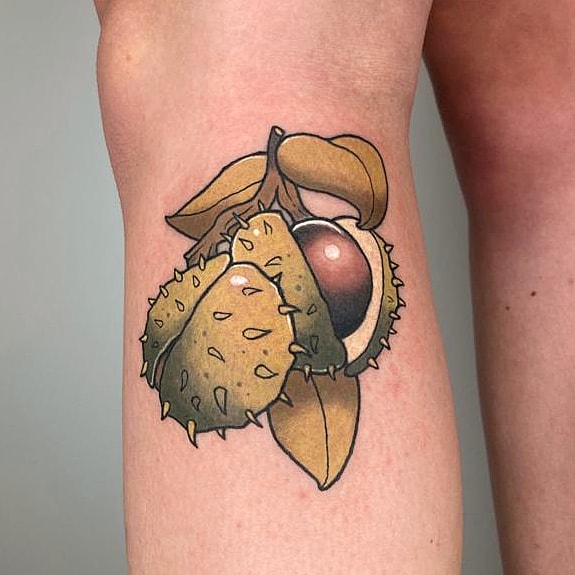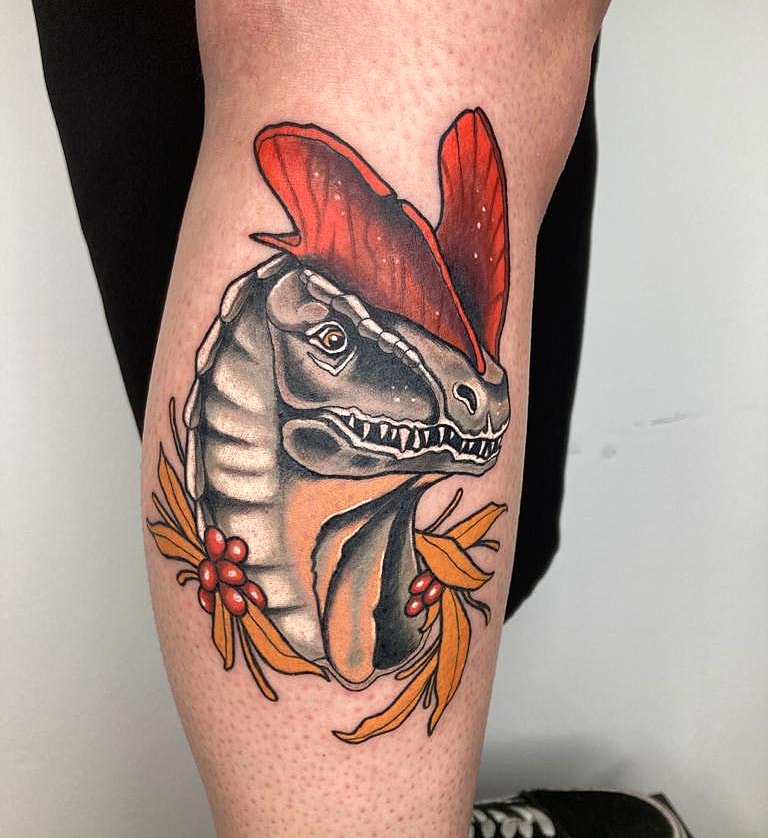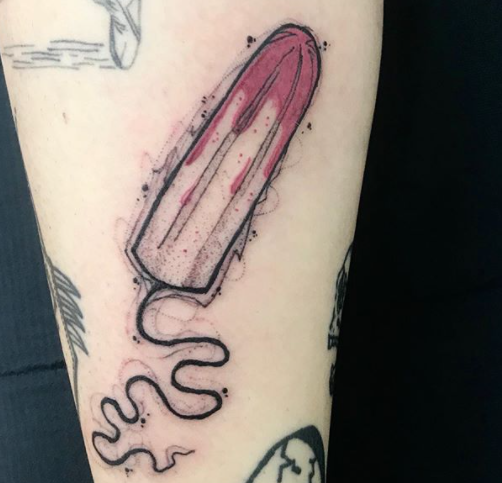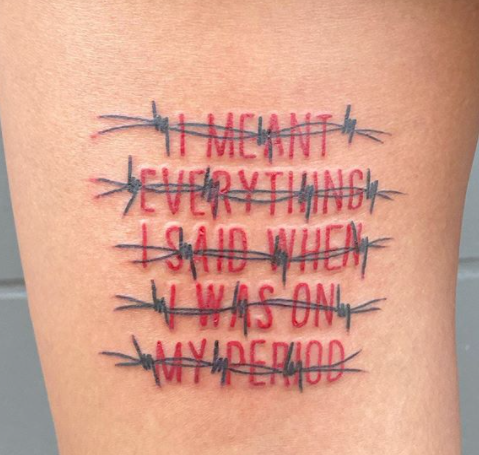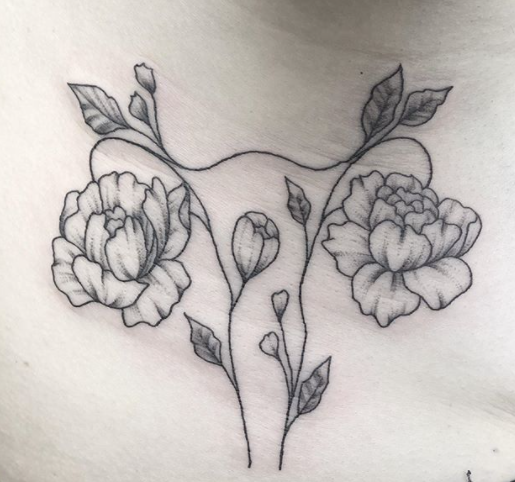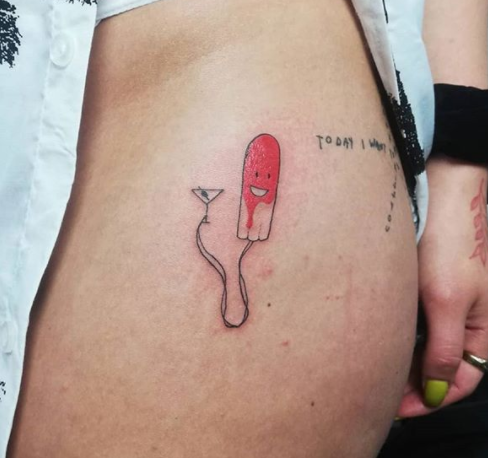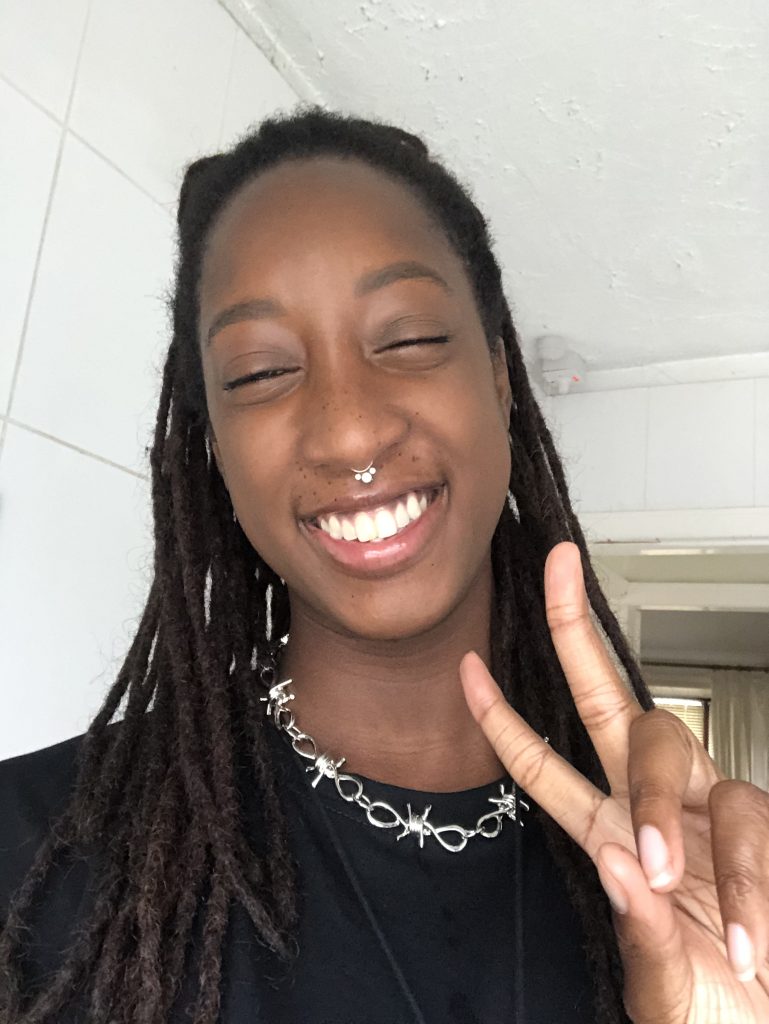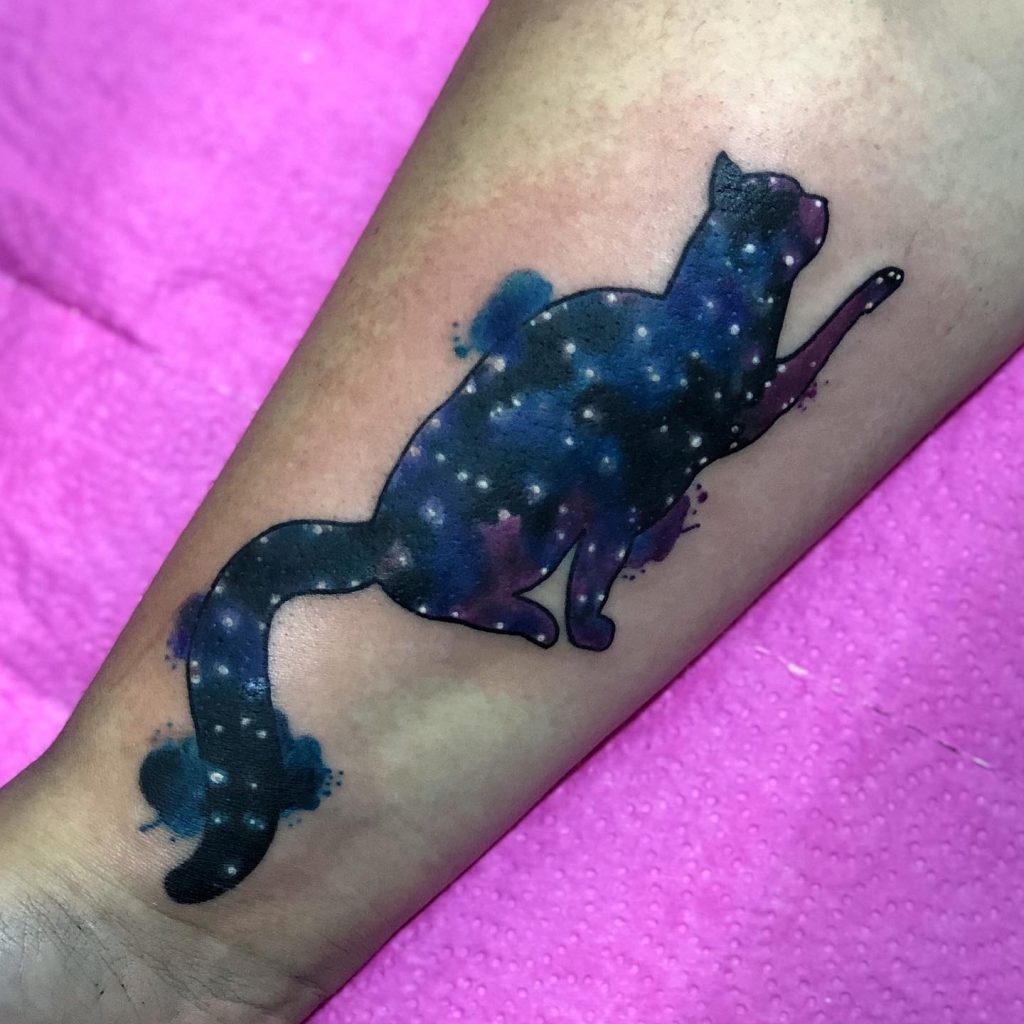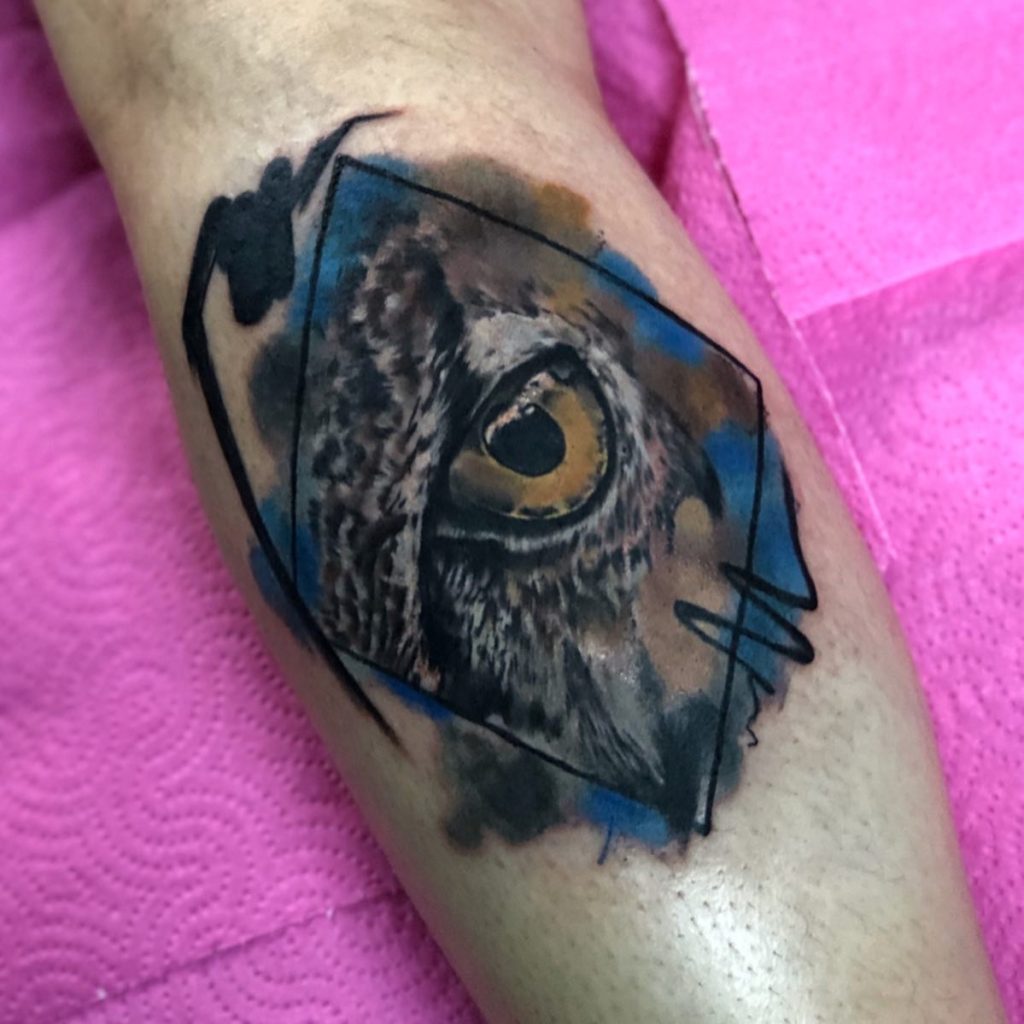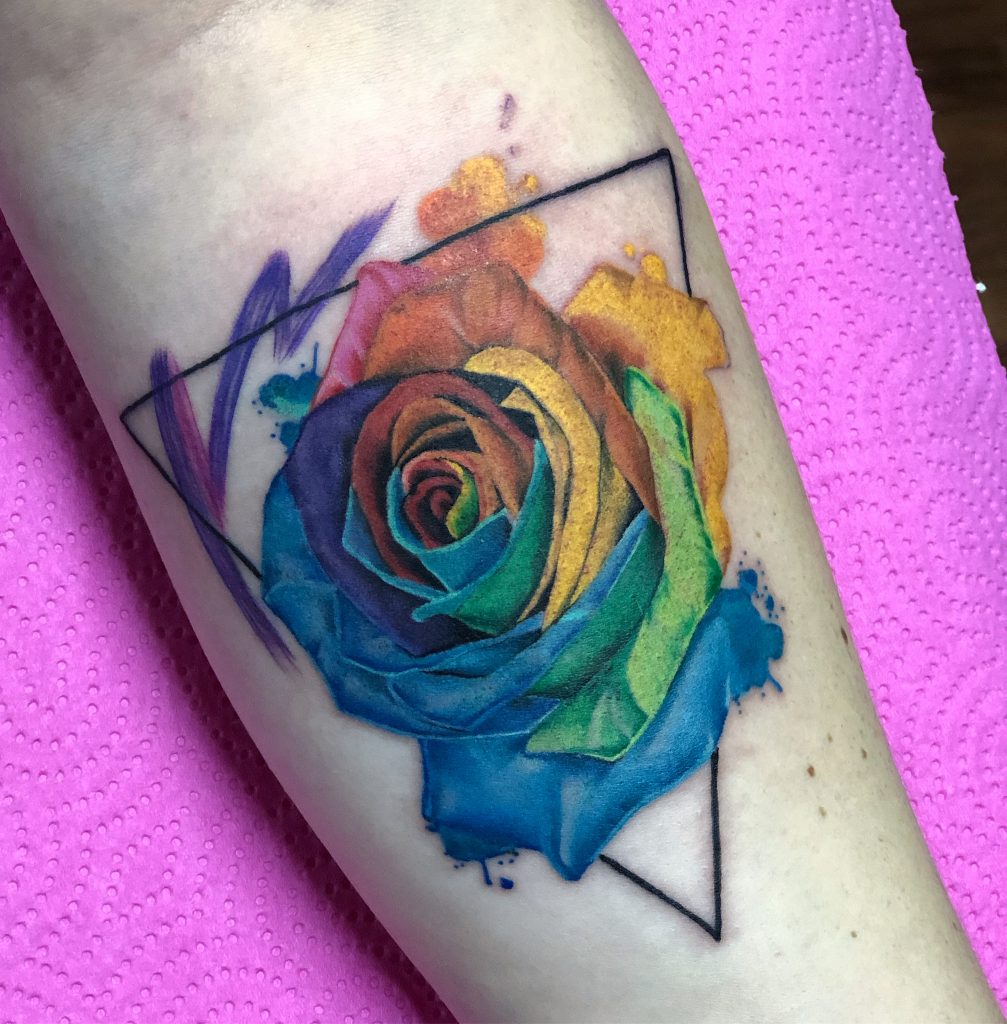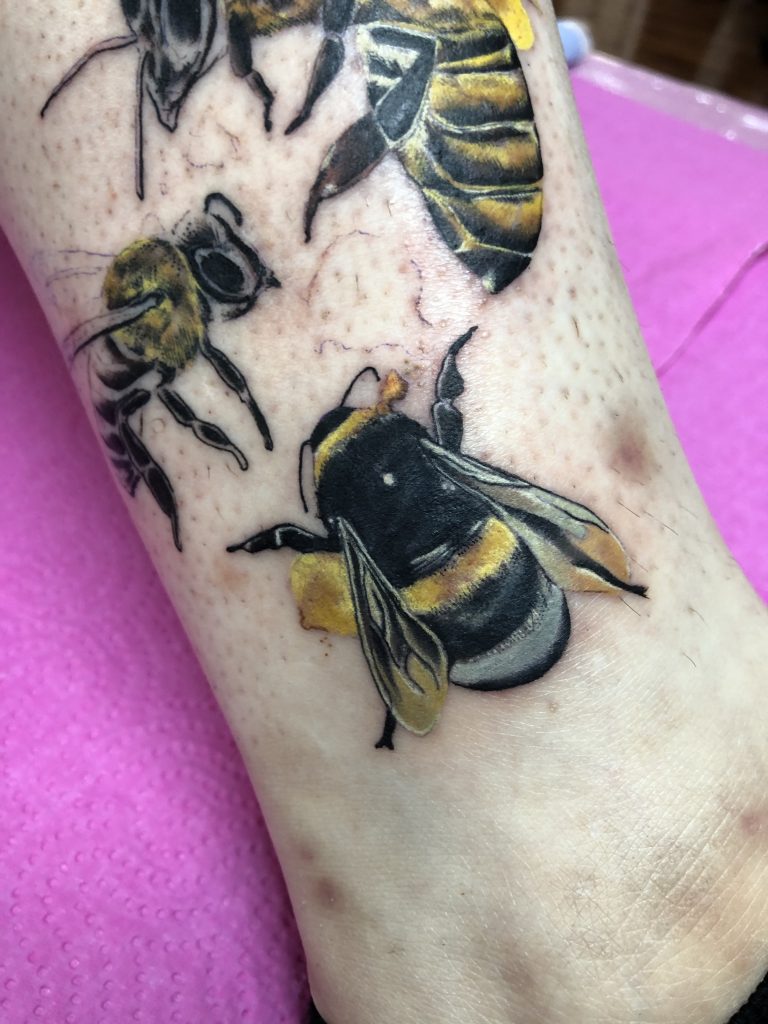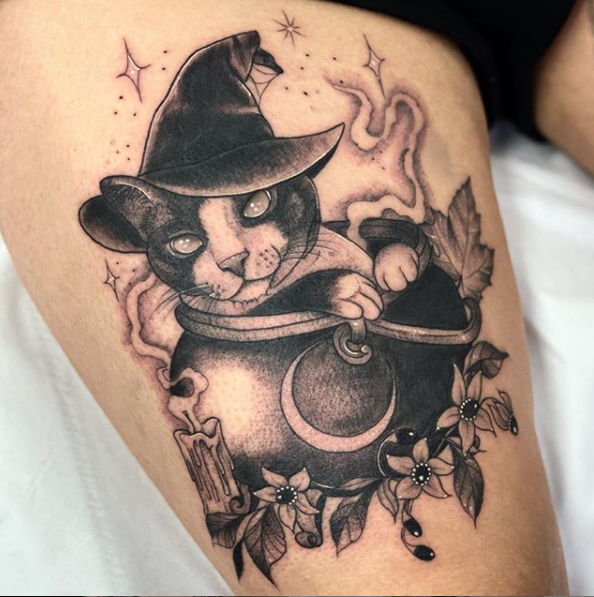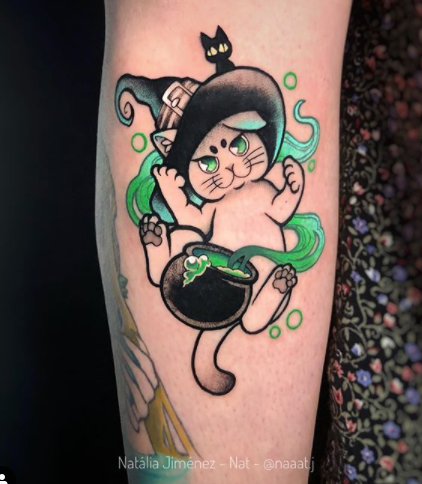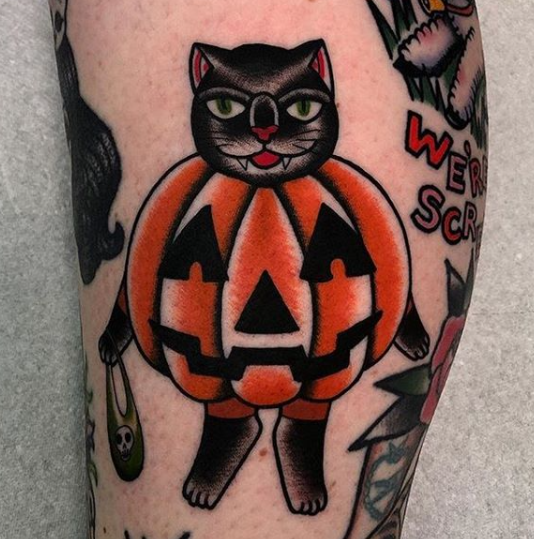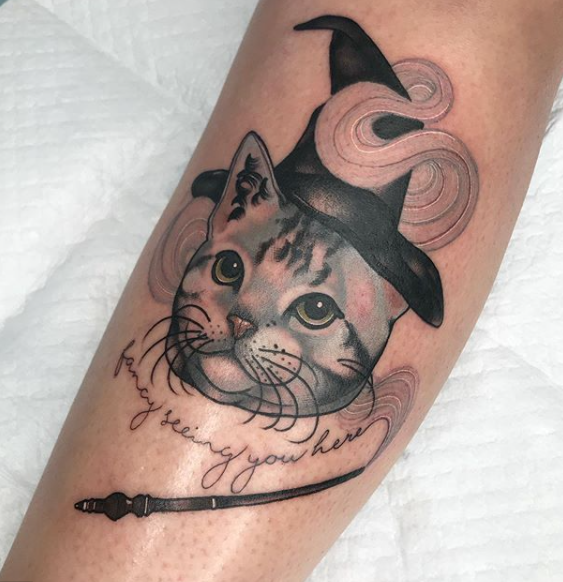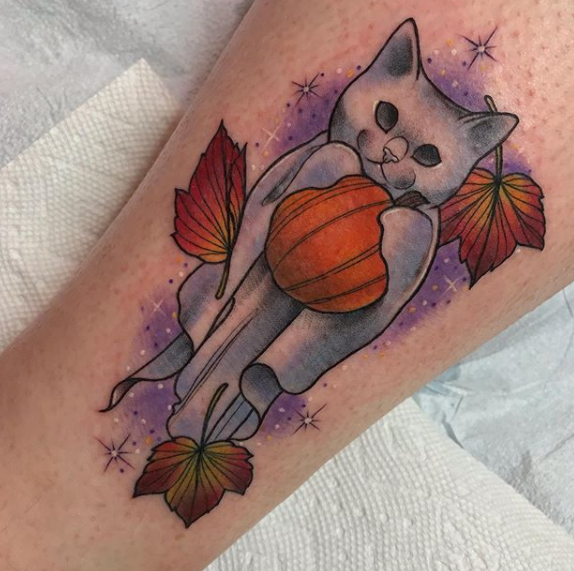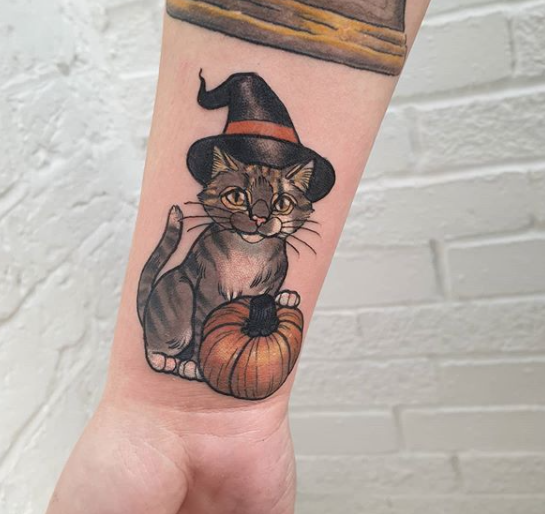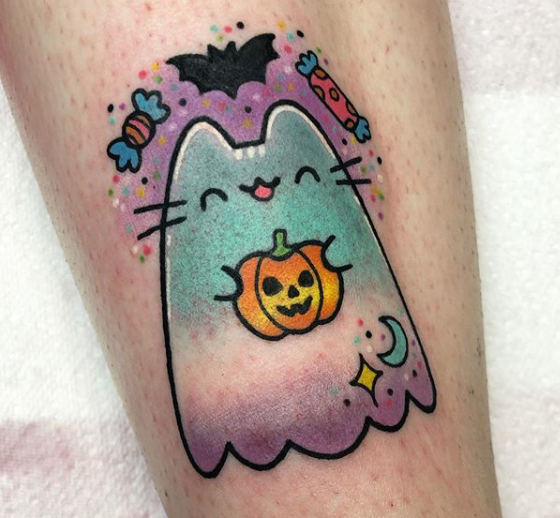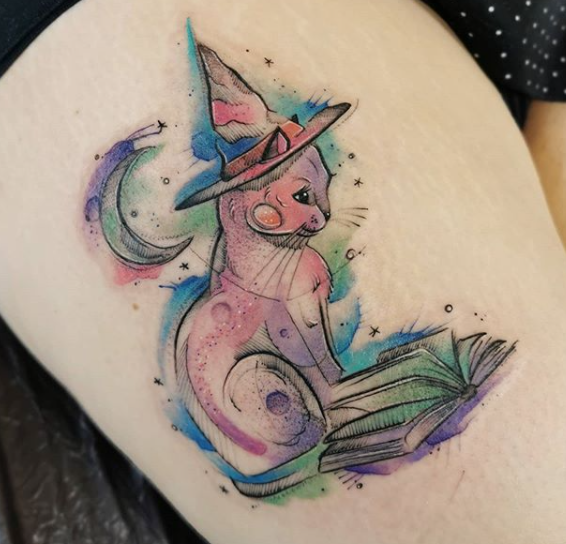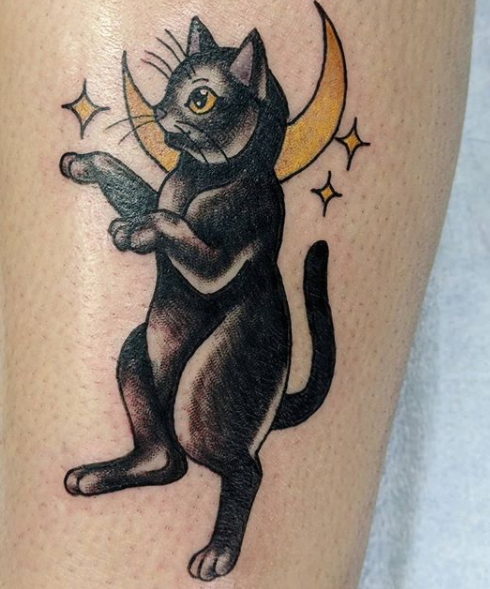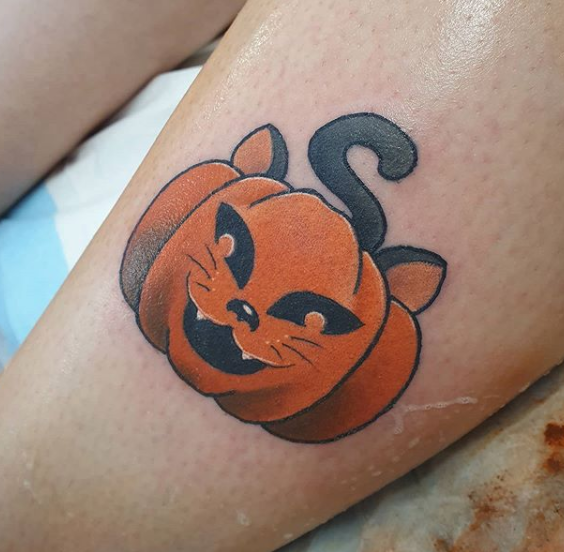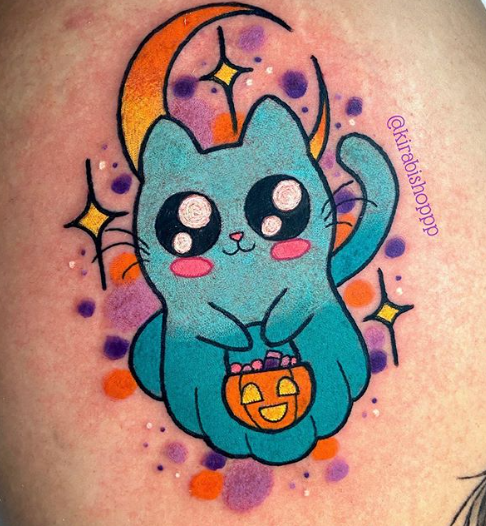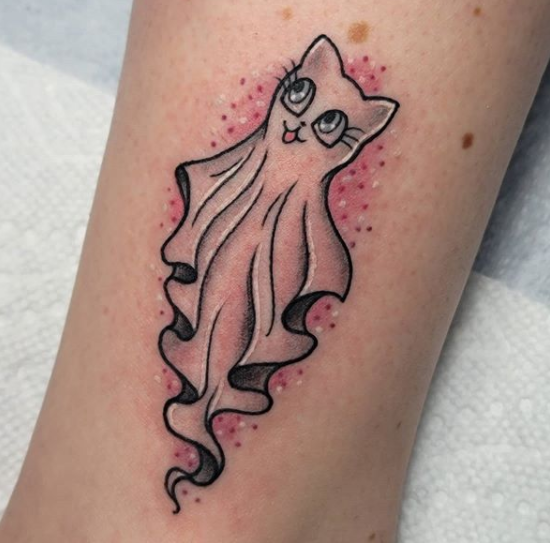Nottingham tattooist Sarah Louise is encouraging the tattooing world to speak up and stand up. We chatted to Sarah about her tattooing and what everyone can do to fight racism…
How long have you been tattooing?
I’ve been tattooing for officially four years and I’m currently at Black Antlers Tattoo, but I have been in the industry for a total of six years. Through all my childhood years I have always been drawing, it quickly transcended into a passion that never left me. I did a creative art and graphics design degree at Nottingham college then a illustration degree at Lincoln University. Once I graduated I did freelance illustration, but it never really paid the bills.
How did you become a tattoo artist?
One of my childhood friends asked me to design a tattoo for him. Which he then fell in love with the design and decided to take it to a studio to get tattooed. The artist asked me about my work and offered me an apprenticeship. I began working there at weekends as well as taking on full time job allowing time for me to slowly progress and transition into picking up a machine.
How would you describe your work?
I try to keep all my work evolving. I don’t think I have a direction I’d like my work to go in or a set style as such. I take a lot of inspiration from music, films, plants, scenery, and wildlife. At the moment I really enjoy doing colour realism mixed with elements of watercolour, as I’ve always been fond of using colour within my tattoos and painting. I will always try my best to complete each tattoo with high contrast if I’m using colour in particular. I used to focus on doing neotraditional, which will creep back into my work from time to time, but I always want to try something new.
What advice would you have for anyone wanting to become a tattooist?
I love this question! As all I want to do is to champion passionate people! I think the only solid and best thing to do is to work on a portfolio. The only advice I can really stress is spending as much time drawing and showing how enthusiastic you are willing to learn through your art.
Finding a place that will apprentice you is so hard now, I think because the social media algorithm manages what is most aesthetically pleasing to its viewers. If you spend a large amount of time drawing and promoting your artwork it’ll be easier to find a place that will take anyone seriously.
You often speak out about social justice issues, can you tell us about your experiences in the tattoo industry.
Expressing and sharing information about social justice; means so much to me. I was first inspired by female tattooist Heleena who spoke so openly about culture appropriation within the tattoo industry. She posted her video on a IGTV and it inspired me to do the same – to talk about problems and my experience on the movement. It inspired me so much, because I think one of the main problems is a lot of us are guilty for not talking openly about how we feel about the inequalities within the tattooing industry.
I have thankfully not been affected by the problems within the industry regarding gender and racial inequities that would inhibit my work with clients recently. Saying that, I still regularly experience micoraggressions from clients assuming I wasn’t born in the UK. Or receiving the classic comment of “I am trendy for a black girl” with the assumptions that this wouldn’t be my scene, as it’s still a predominantly marginalised white industry. But I am very grateful that this hasn’t deferred me from speaking up about my experiences. And won’t continue stay silent on these issues, because re-affirmed education is key.
I have seen the somewhat egotistical sides of the industry taking a lot ‘ownership’ of what women and POC have brought to the table. There still is a long way for black people and POC to experience recognition for their talents amongst their white peers.
I do think that sadly my skin colour has become more of a highlight to the inequalities within the industry, but it has made me more determined to inspire others to stand up against racism.
Do you think we can make a change to the industry?
I believe how we make the change is to continue to come together and expose a lot of the issues regarding race by educating each other. Whether that be by sharing knowledge and achievements, by reading books and openly asking questions about tattooing. We can make change with every piece we do. One of the biggest ways I found is by actively asking questions but being consistent with what knowledge we gain and what we want. I think the more knowledge we share then the more exposure we can get. I feel we need to be very consistent on how we share this information on social media with other black people and POC.
I recently followed Shades Tattoo Initiative created by tattoo artist Rizza Boo. The page often does shout outs to promote small pages and boost them, but I think the consistency of other people is where the buck stops. I also think the major problem also lies within the industry’s structure in relation to sponsorship. I feel as black people we get less recognition for our achievements, which adds to the unfortunate white-washed view of the industry. But with education and by consistently pushing each other and our tattooing we will force the industry sponsors to finally take note.
Protests are a way to start a conversation. Given the history and importance of protests and the content they generate, it’s imperative that we actively continue to push for change.
I think that we are at a place in time that we have a platform to actively keep sharing knowledge with one another. And although I am aware that there are some struggles we face with not having confidence and knowledge, I do not think it’s entirely justifiable for not taking action at all.
If you do not decide to take action in a form of a protest, I would suggest you look at other ways to support an essential causes. Such as signing petitions, listening to podcasts, donating to charities and local communities – supporting black or other ethnic minorities. These are the things that can bring dramatic change, it can easily happen within the art community and eventually tattooing.
Sarah is continuing to speak out and challenge the tattoo industry, make sure to follow her Instagram and why not join in the conversation yourself?
